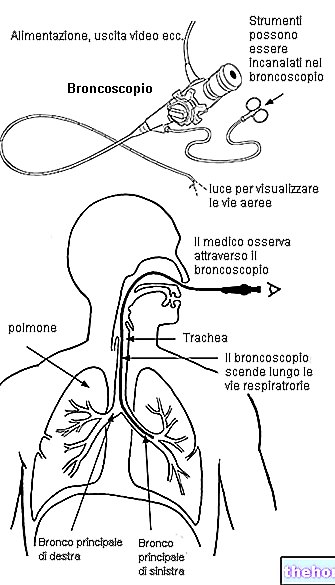Nicotine is a natural alkaloid extracted from the leaves of Nicotiana tabacum, fam. Solanaceae. This alkaloid plays a role of primary importance in toxicological studies, given the already vast population of smokers, which is constantly increasing. Excluding cigarette smoke, acute nicotine toxicity can occur due to erroneous ingestion or contamination by insecticides; the dose becomes lethal if it reaches a quantity of 40 mg, or the equivalent of two cigarettes ingested orally.

Nicotine is considered a drug of abuse, that is a natural or synthetic substance that is used not for medical purposes, but to pleasantly change the state of consciousness and try to improve some performance. In most cases, abusive behavior is associated with the biological phenomenon of addiction:
- psychic, which manifests itself with behaviors of compulsive search of the substance for personal satisfaction or of strong desire in the short periods of deprivation (craving); cigarette smoking is an example;
- physical, which occurs when abstention from the drug produces effects generally opposite to those desired by the user.
It is believed that the prolonged intake of the drug induces a homeostatic adaptation by the organism; this adaptation is called drug tolerance, and involves the need to increase the dose to achieve the same effects. When the drug of abuse is stopped abruptly, this non-physiological equilibrium is disturbed and the organism reacts in the opposite way to the period of intake; the symptomatology related to the suspension of each drug of abuse is called "withdrawal syndrome". Psychic dependence almost always precedes physical dependence, but does not inevitably lead to it; the English term "addiction" is used to indicate a state of psychic and physical dependence.
Nicotine is the most widespread substance of abuse, because it acts in a particular area of the CNS, the VTA (ventral tegmental area) rich in dopaminergic neurons; the stimulation of the nicotinic receptors present on these neurons produces the release of dopamine at the level of the cortex and especially the nucleus accumbens, responsible for emotional / affective responses, the sensation of pleasure and gratification. Many of the drugs for recreational use act on these same brain areas, generating the same biological effects. Nicotine withdrawal syndrome is less severe than in that from opioid drugs (morphine, heroin, methadone), however irritability and insomnia occur equally; therefore, during detoxification therapies, the application of transdermal patches with slow release of nicotine, or the intake of chewing gum, is effective; in the most serious cases we intervene pharmacologically with psychological therapies and antidepressants (Bupropion).
Other articles on "Nicotine, nicotine intoxication and abuse"
- Muscarina
- Indirect cholinomimetic drugs




























